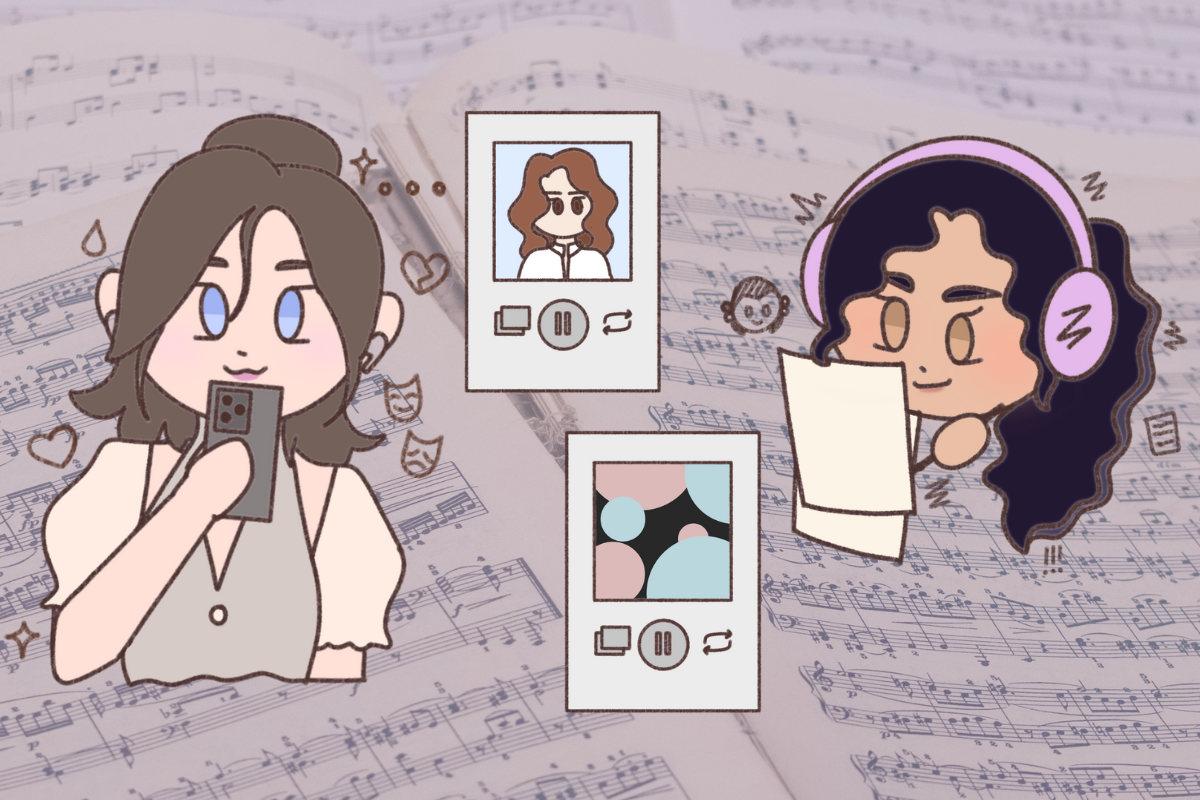Editorial: Don’t Be Biased – Black Lives Still Matter
February 8, 2021
In June 2020, I wrote an editorial for The Eagle’s Eye detailing the victims of police brutality and inequalities challenging the wellbeing of Black Americans. Since then, a significant amount of our country has taken steps in the right direction. Supporters of the Black Lives Matter movement, or Black lives in general, prioritize equality and justice for victims such as George Floyd, Breonna Taylor, and more recently, Casey Goodson. While some justice has been served, like George Floyd’s murderer Derek Chauvin facing trial in March 2021, these resolutions do little to alleviate full-scale racial tension in America.
Indeed, Black Lives Matter has gained worldwide recognition since its establishment in 2013; however, Black Americans’ experiences continue to be ignored and invalidated. Our voices are not being heard. It took an uproar of protests and a rallying cry for our lives to be valued and understood; but still, some of us are NOT being heard.

Photo Credit: Sia Chokshi ’21
Our voices are nullified because of the failure to acknowledge racial trauma–the consequences of racism and discrimination on one’s mental and physical health. Many effects of racism are invisible to the naked eye. Today, for example, Black Americans still deal with the legacy and history of slavery. However, many Americans believe our oppression is over. In my previous article, I stated that “many Americans are oblivious to the fact that racism is still a part of our contemporary society because the Civil Rights Act was passed in 1964.” Even though America has made progress since the sixties, our country is not a representation of equality. The system may not be outwardly biased and discriminatory towards minorities, but countless American citizens are.
Individually, there is room to improve. Many American people conceal their biases or become blind to their presence. Implicit bias, also known as implicit social cognition, is an unconscious manner of behavior caused by stereotypes affecting understanding, actions, and decisions. According to the National Initiative for Building Community Trust and Justice, implicit bias “can distort one’s perception and subsequent treatment either in favor of or against a given person or group.” Residing in the deep subconscious, implicit bias is pushed away from the forefront of the mind and reappears in “needed” situations. Unarmed, innocent Black victims of police brutality have lost their lives due to such implicit bias. Educated, capable minorities are denied jobs and educational opportunities due to implicit bias. To stop this incessant cycle, the importance of addressing these prejudices is essential.
Listed are strategies to help confront your biases:
Embrace discomfort
Start thinking outside the mindsets you have adapted to. Although comfortability feels safe, you will be unable to improve your thinking if you do not alter your former opinions.
Identify The Biases You Have
The first step in addressing an issue is to recognize its presence. Addressing your prejudices and self-reflecting is the most significant way to making progress.
Educate yourself
Research and learn more about different cultures. Inform yourself on the statistics and problems targeting minorities.
Stop using the phrase “I don’t see color.”
While your intentions may be pure, overlooking color means you do not recognize the challenges different ethnicities, races, and religions face.
Truthfully, we will not see racism disappear entirely in our lifetimes. As long as people continue to use their privilege to oppress others, hold implicit biases, and promote harmful stereotypes against minorities, the system remains flawed. Continue to confront your unconscious biases, continue to actively support Black lives, and continue to recognize and eliminate the disadvantages minorities face in America.






















































































